COS News
News
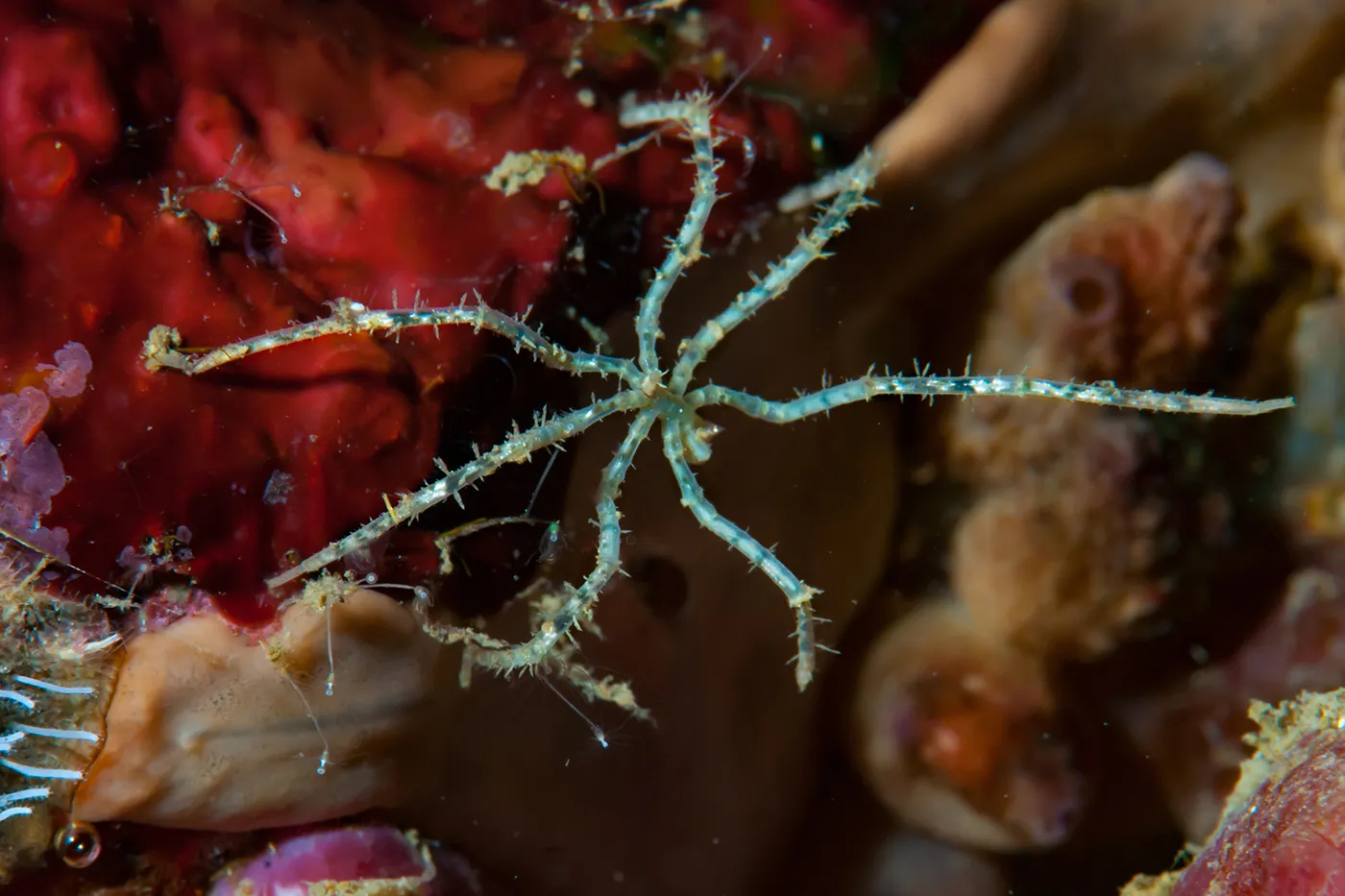
Connie Phong wants to know how an animal adapted to live in a highly specialized environment — just below the freezing point for seawater — responds to warming oceans.
How Northeastern scientists are using Antarctic sea spiders to study life on the edge
News

Fleury Augustin Nsole Biteghe has identified a way to target two of the deadliest cancer types with chemotherapy drugs but without the harms associated with chemotherapy.
Northeastern researcher uses light to target and kill cancer cells
Showing 164 results in Chemistry and Chemical Biology
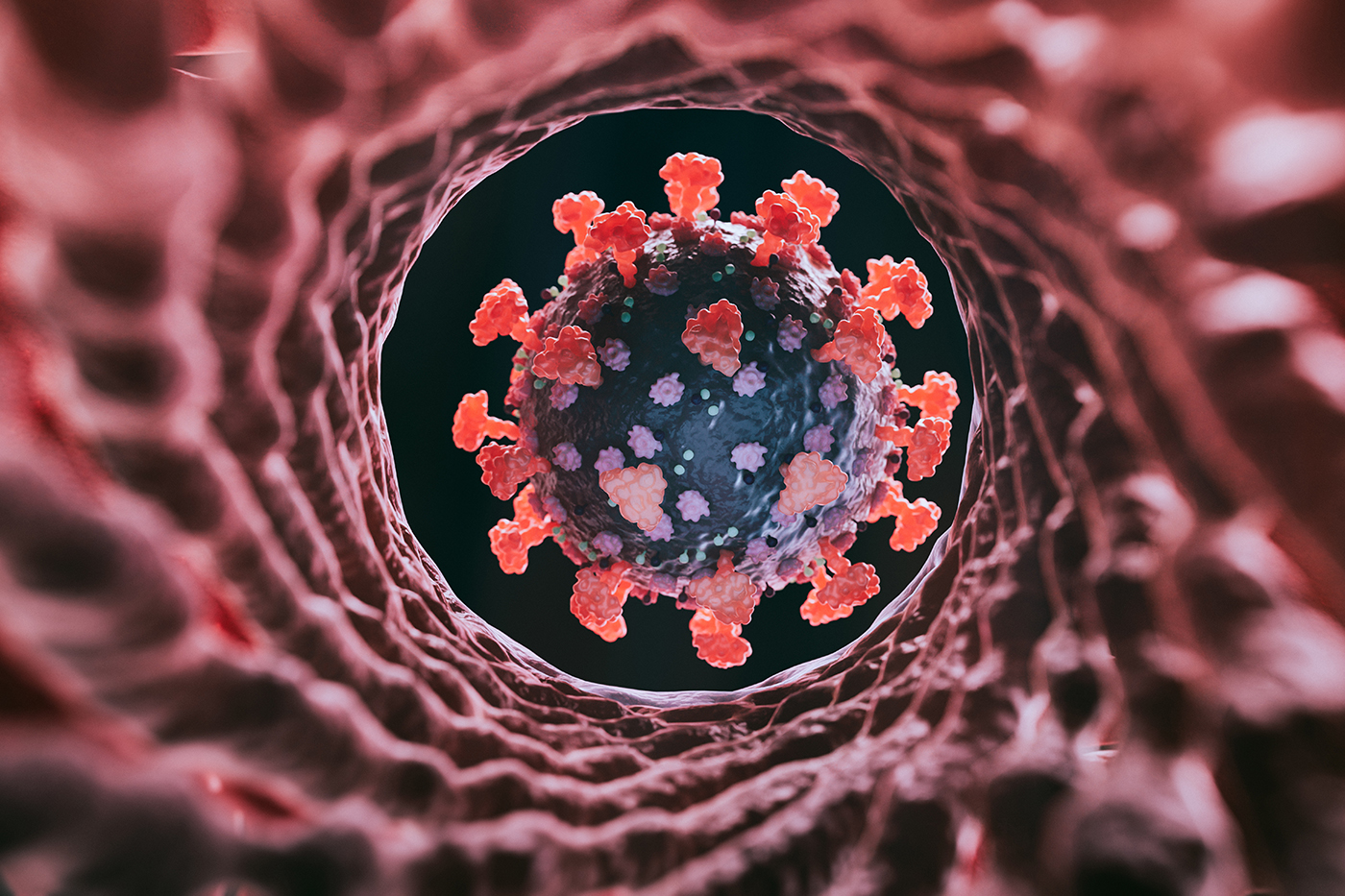
How worried should you be about BA.2?
Alessandro Vespignani and Jared Auclair discuss what the new COVID-19 variant implies for our future.
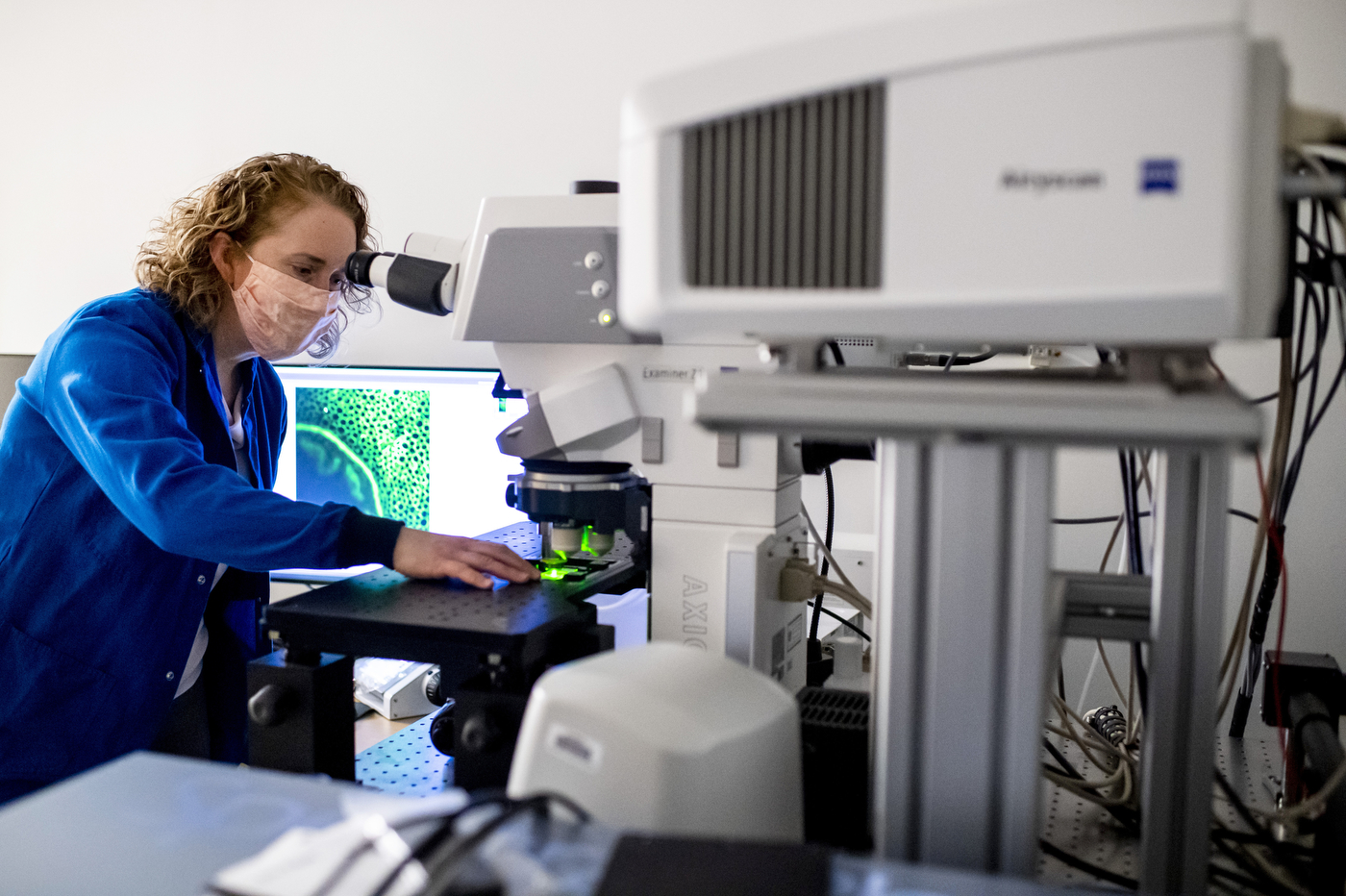
Cross-COS Colloquium: Nanosensors for Imaging the Chemistry of the Body
Heather Clark, Professor of Bioengineering in the Chemistry and Chemical Biology department discusses Nanosensors for Imaging the Chemistry of the Body, and answers questions following her presentation.
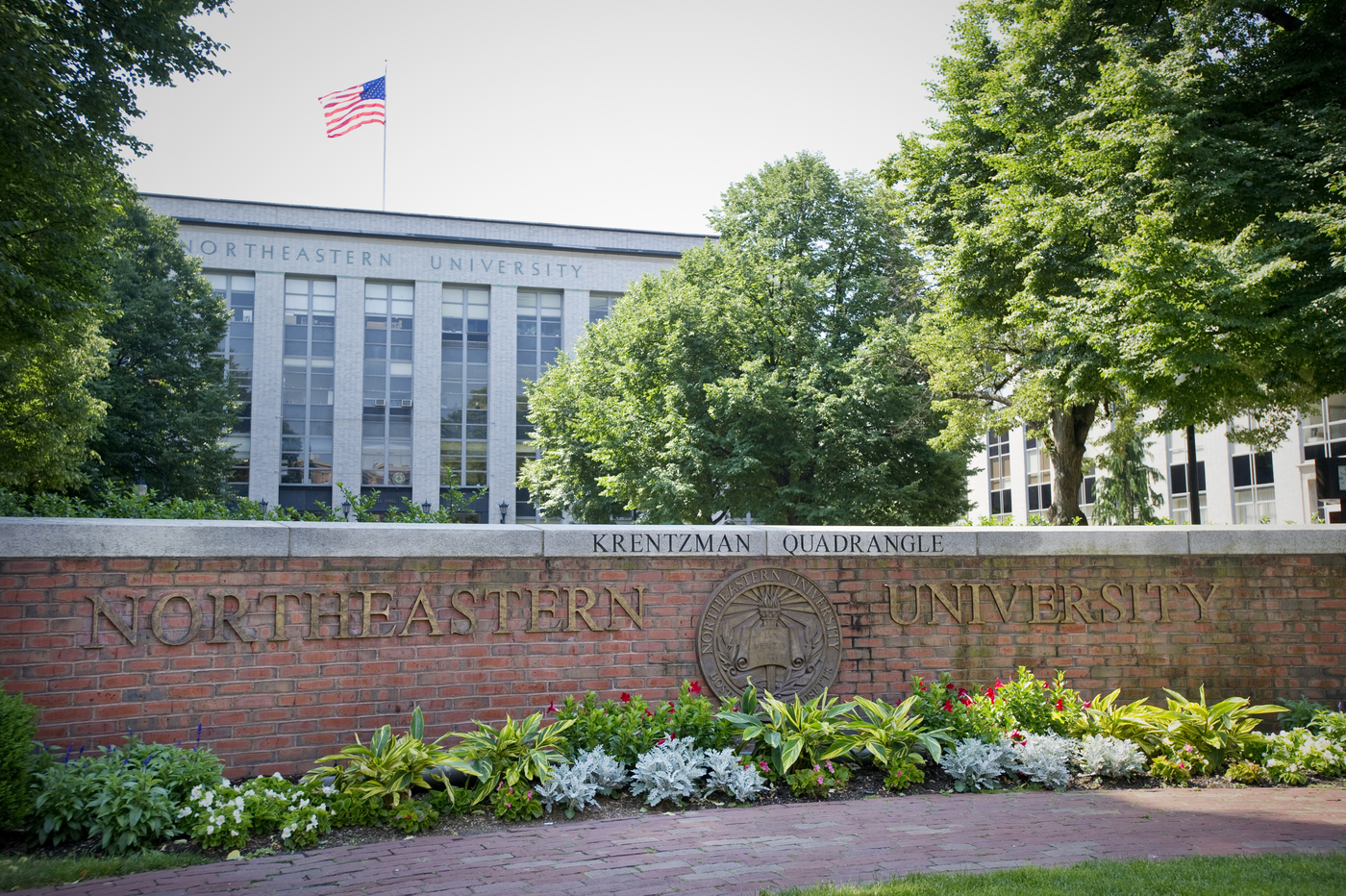
Pair of Northeastern research and community leaders win prestigious NSF grant
Two Northeastern faculty members, biology professor Tovah Day and chemistry professor Steven Lopez have received National Science Foundation CAREER grants, awarded to early-career academics with the potential to serve as role models in research and education.
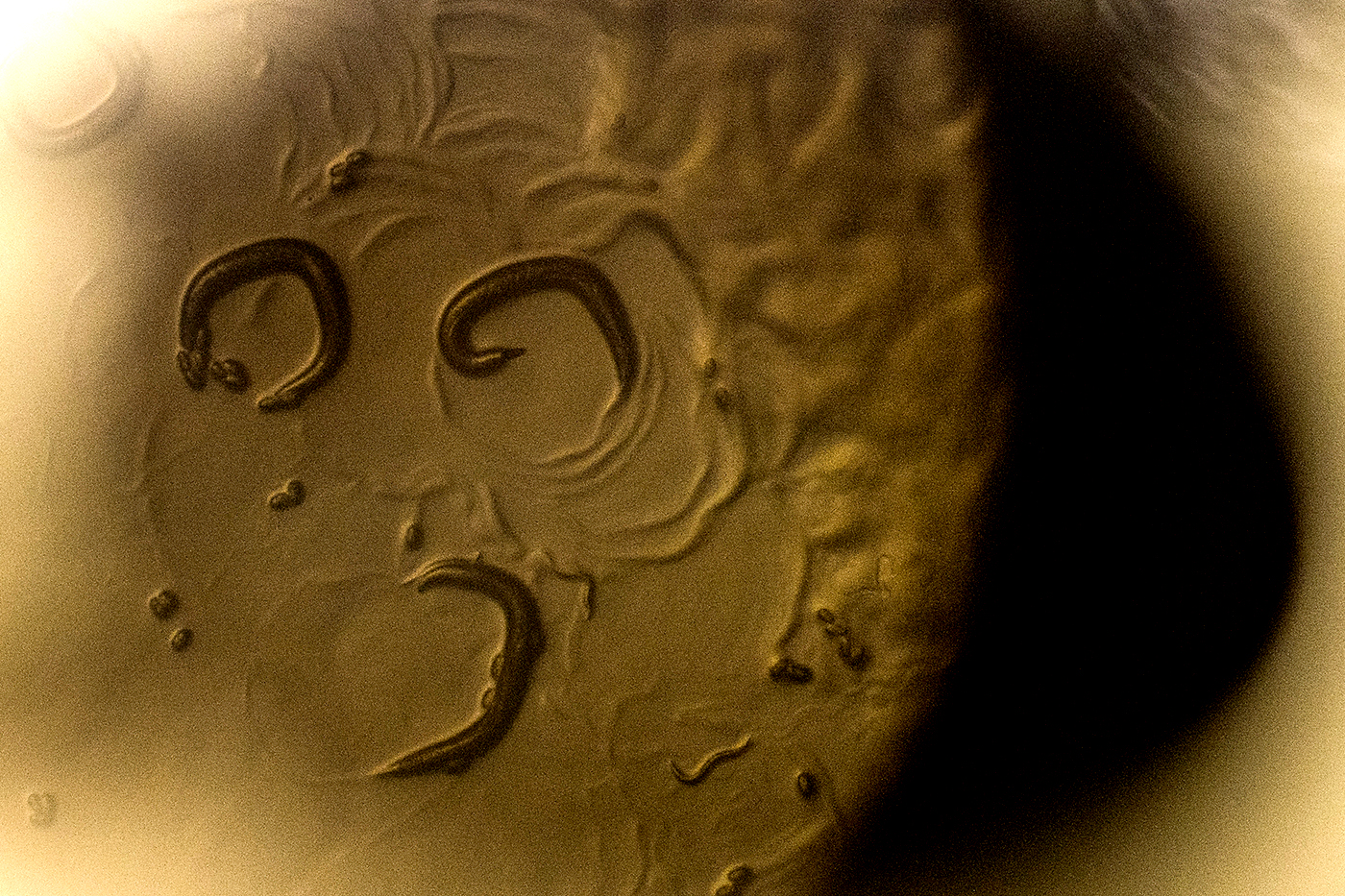
Student-led collaboration explains how worms navigate a world of food and toxins
A new study from a Northeastern-led collaboration, looking into the C. elegans worms’ interactions with their microbiome, found that the worms are willing to leave a bacterial food source when they’re exposed to one of their deadliest toxins and identified the driving neurological mechanism behind it.
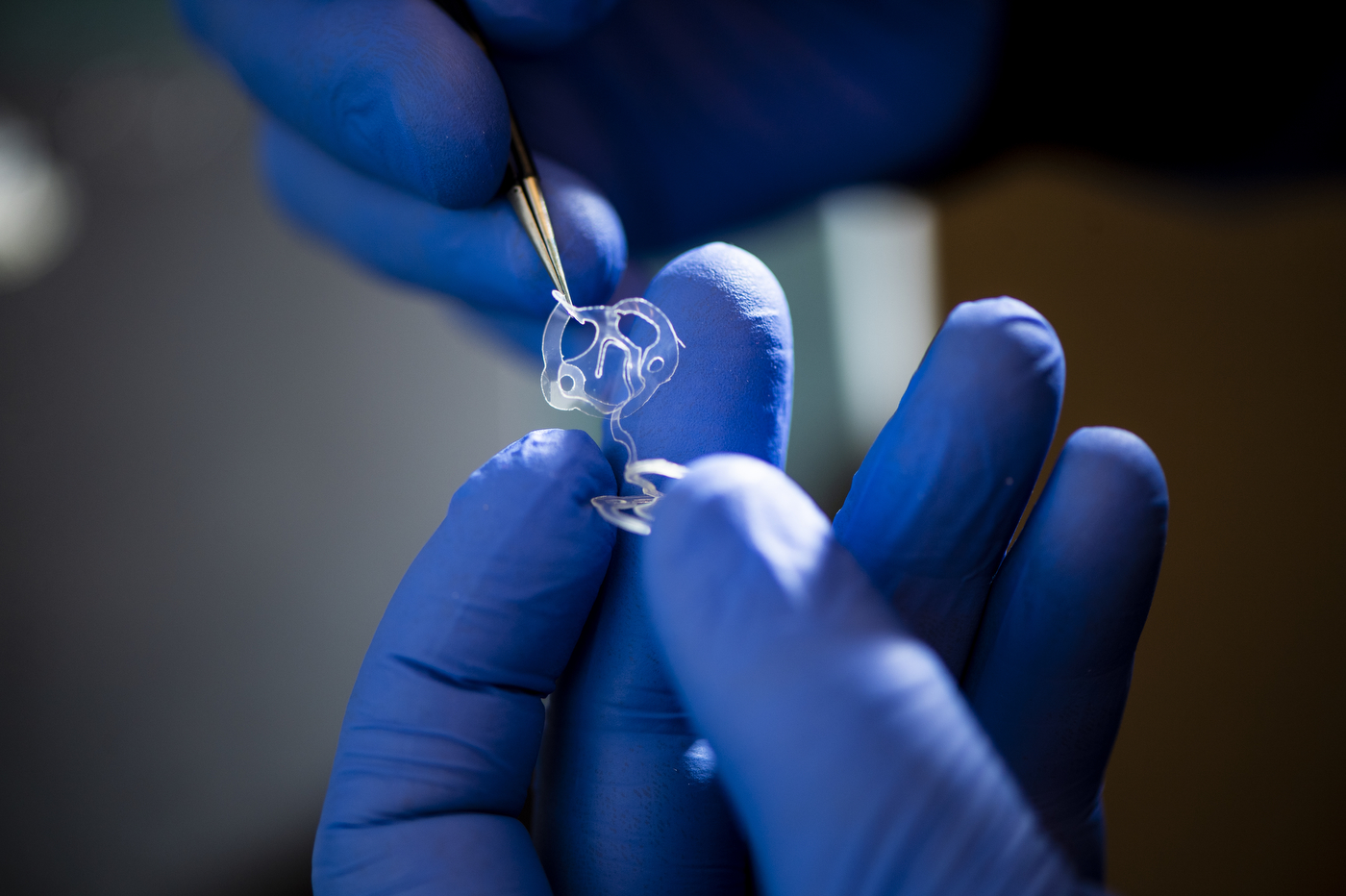
How squid camouflage could help prevent skin cancer in humans
A team of Northeastern scientists is using the chemistry of squid skin to create a wearable device that senses damaging levels of UV radiation.
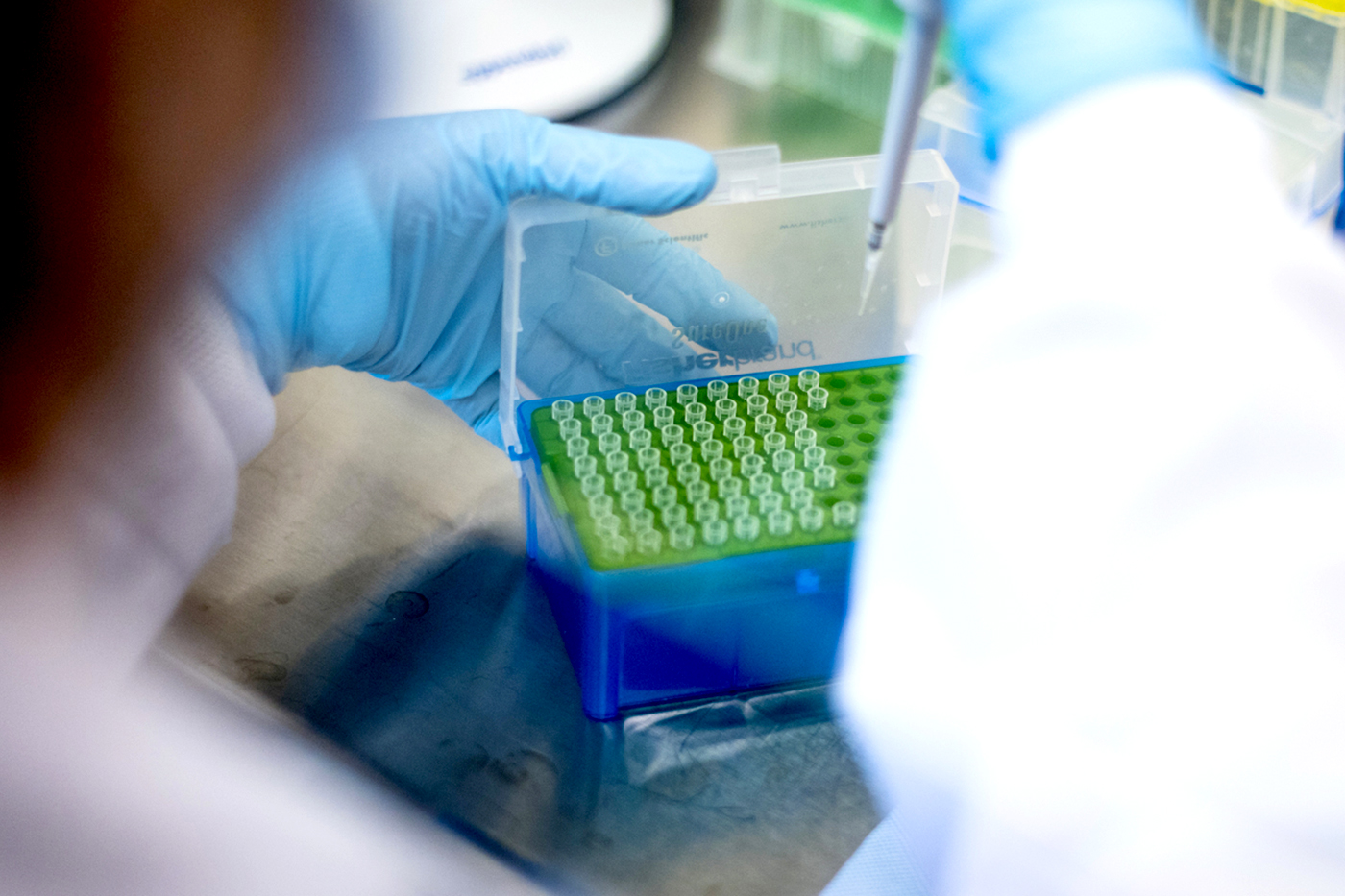
Pooled testing can make COVID-19 surveillance more efficient. But is it accurate?
Pooled testing is a tactic used by many large-scale universities to conduct COVID testing that saves time and resources. Jared Auclair comments on the reliability of this method.
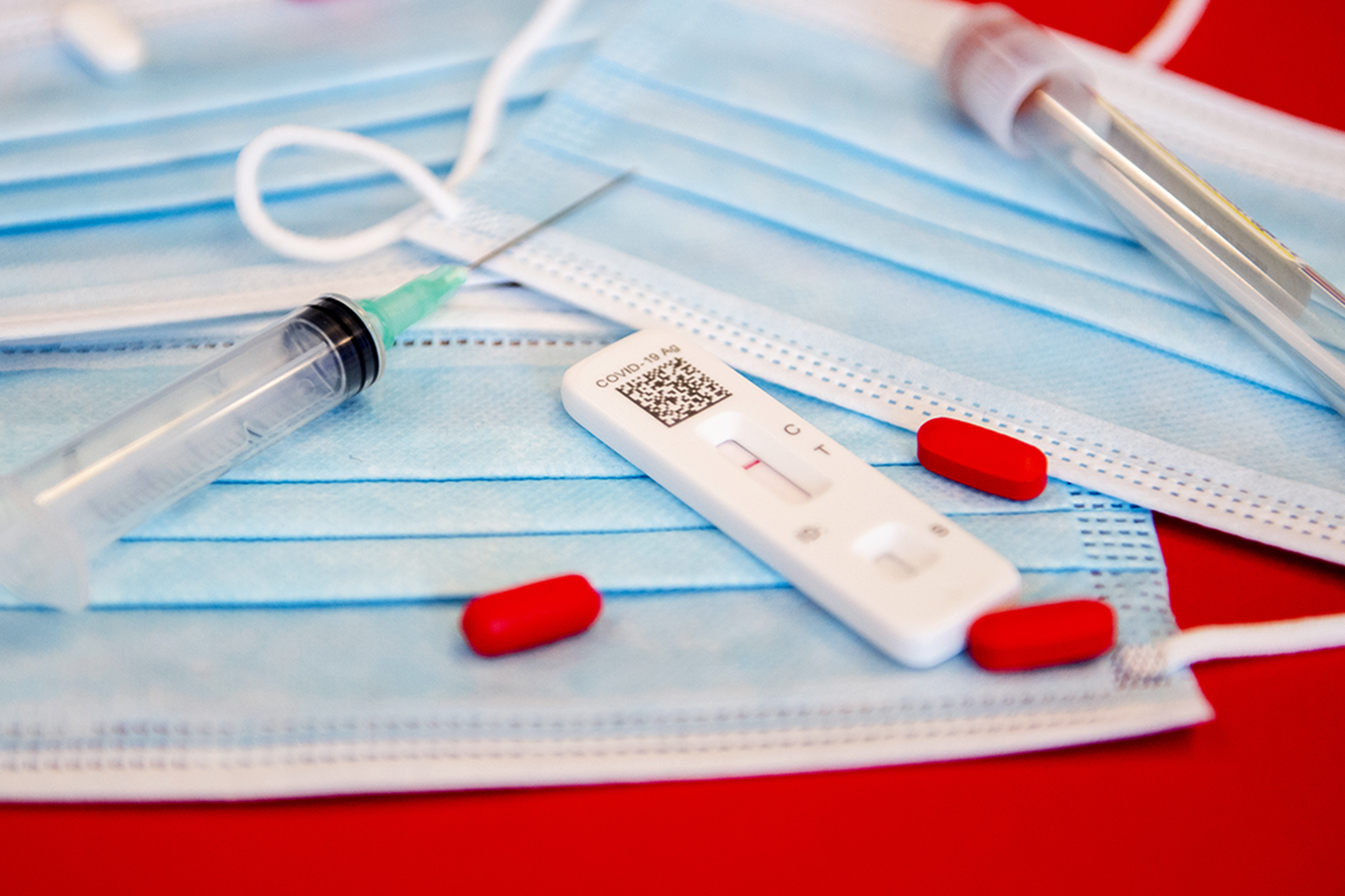
COVID-19 isn’t going away. But now we know how to live with it.
A new normal; professors Jared Auclair and Neil Maniar discuss how our world has adjusted since 2020 to accommodate COVID-19 and the new way of life it has produced.
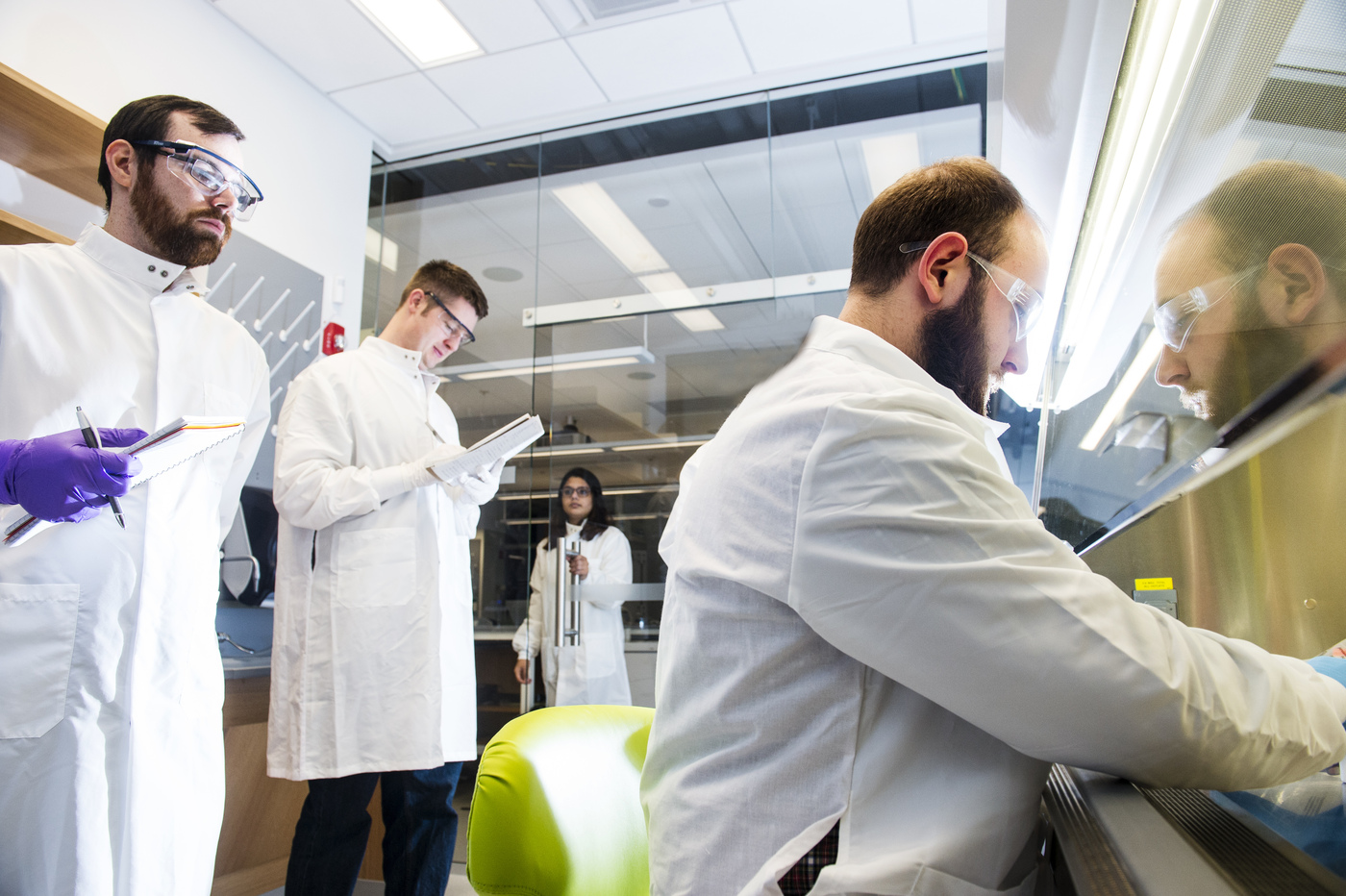
Master of Science in Biotechnology set to launch at Toronto campus
As a new masters program, Masters of Science in Biotechnology, comes to Northeastern this fall, Jared Auclair and Hazel Sive discuss what this program means for students and the future of biotech.
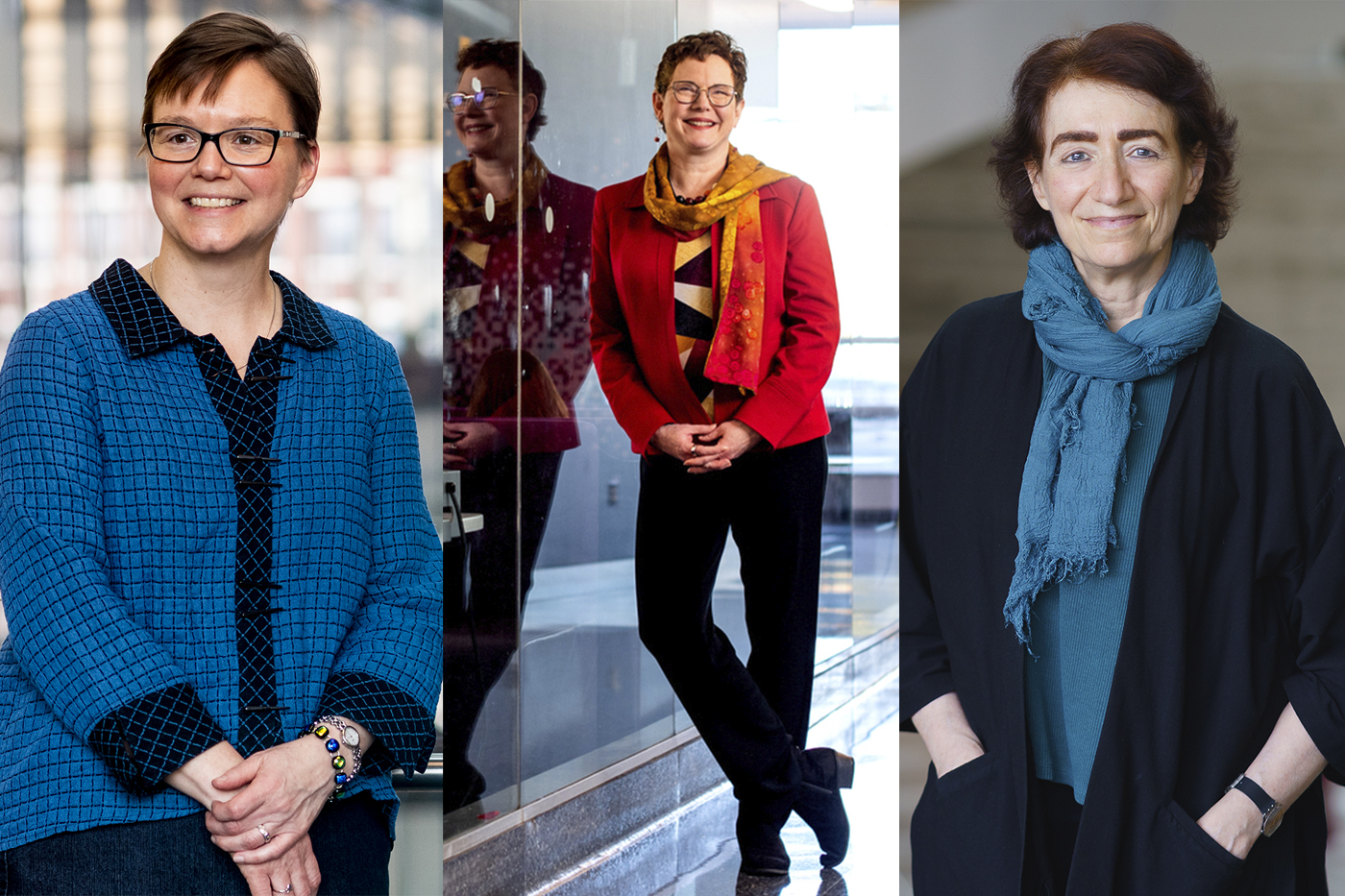
Three Northeastern leaders receive lifetime honor for prolific scientific contributions
Professor Penny Beuning, chair of the chemistry and chemical biology department; Elizabeth Mynatt, dean of the Khoury College of Computer Sciences; and Hazel Sive, dean of the College of Arts and Science, have all been named fellows of the American Association for the Advancement of Science.

How these worms avoid getting poisoned
After the microscopic roundworms he was studying survived a toxic chemical environment, professor Javier Apfeld was intrigued to discover their tactic for protection against chemical foe.
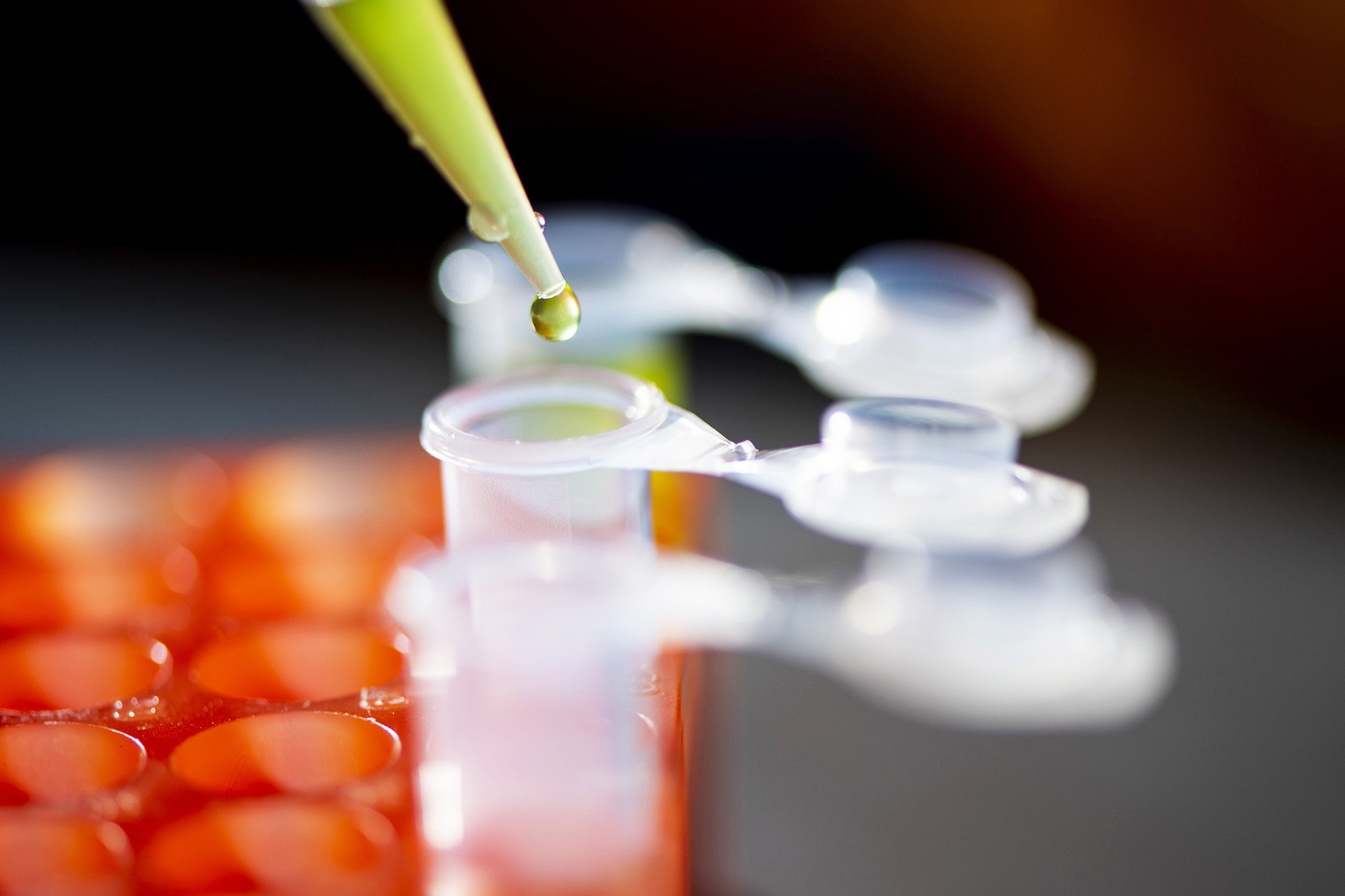
Has Omicron peaked? An unexpected source offers clues.
Not everyone is getting tested for COVID-19, therefore positive tests are not indicative of all existing cases. Something everyone does do? "Basically, everybody poops," says professor Neil Maniar. He and Jared Auclair offer wastewater as a better measure of the population's cases.
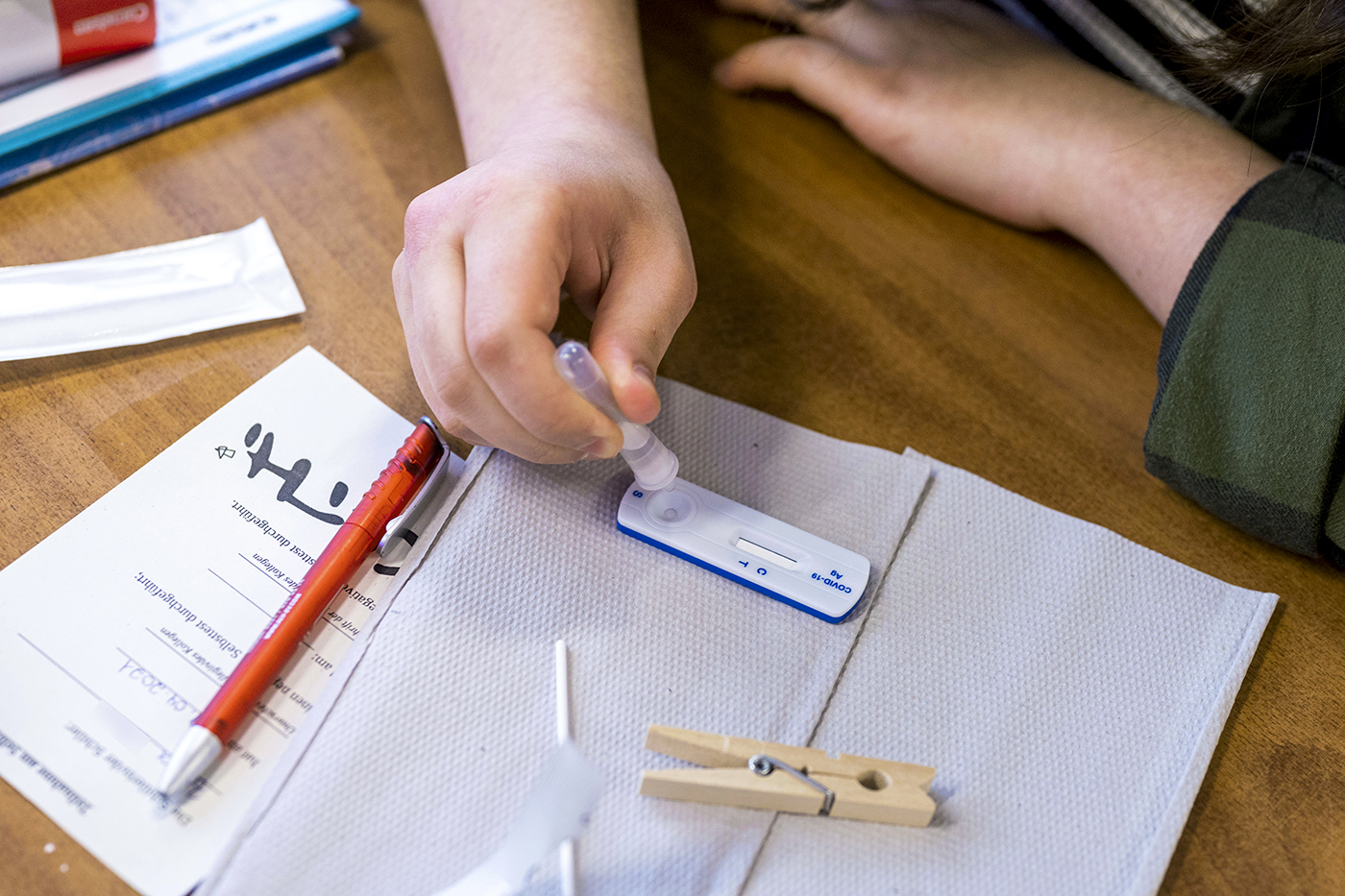
Which COVID-19 test should I take before the holidays?
This holiday season has collided with a surge in COVID-19 cases. Many people have added another task to their travel and party planning to-do lists: Get tested. Jared Auclair comments on holiday vaccinations for News at Northeastern.